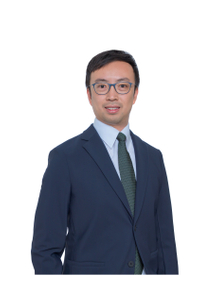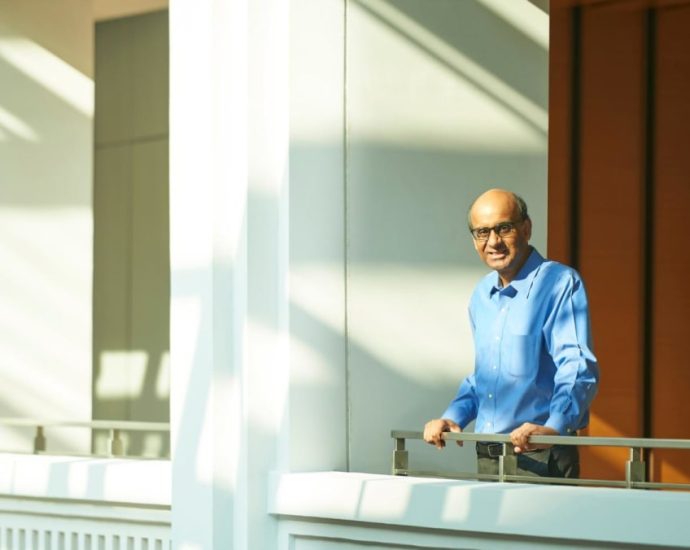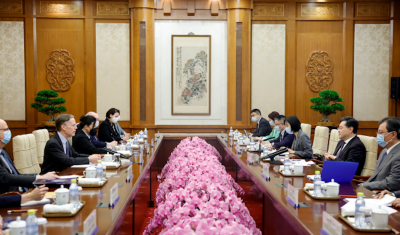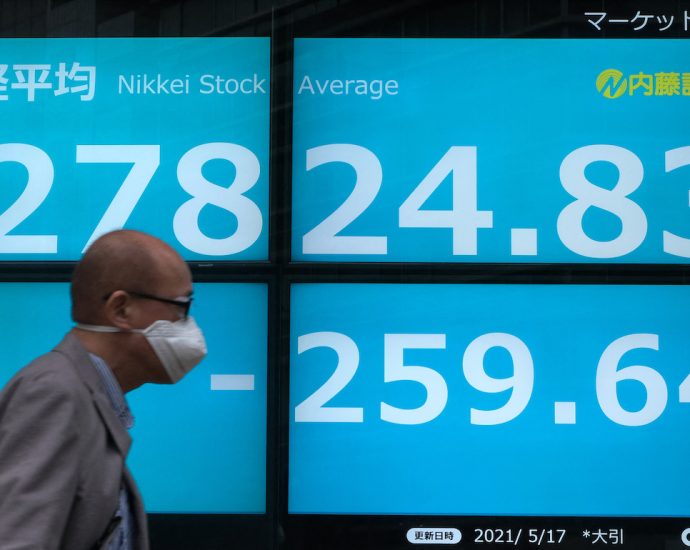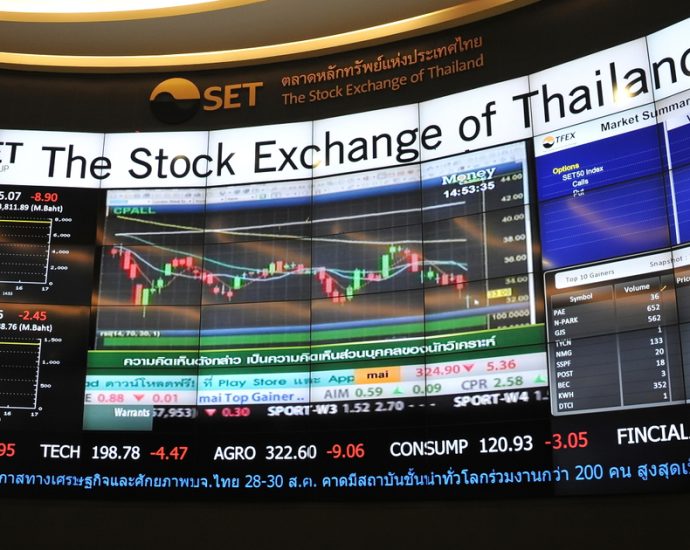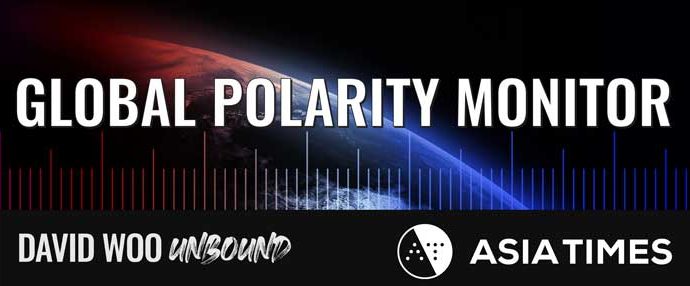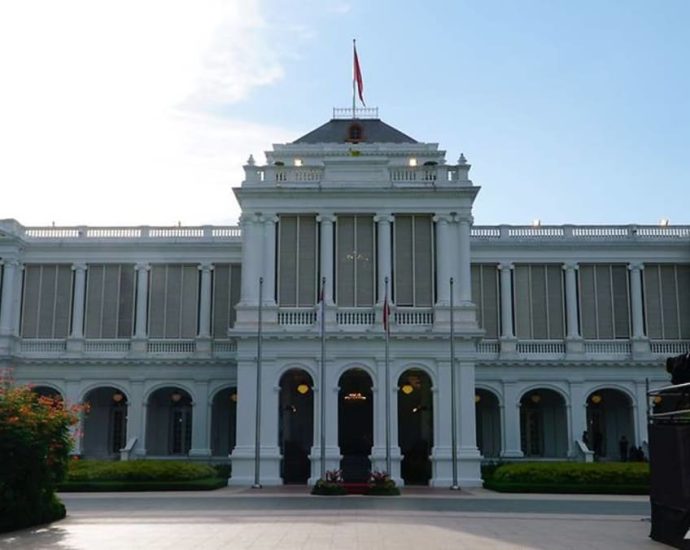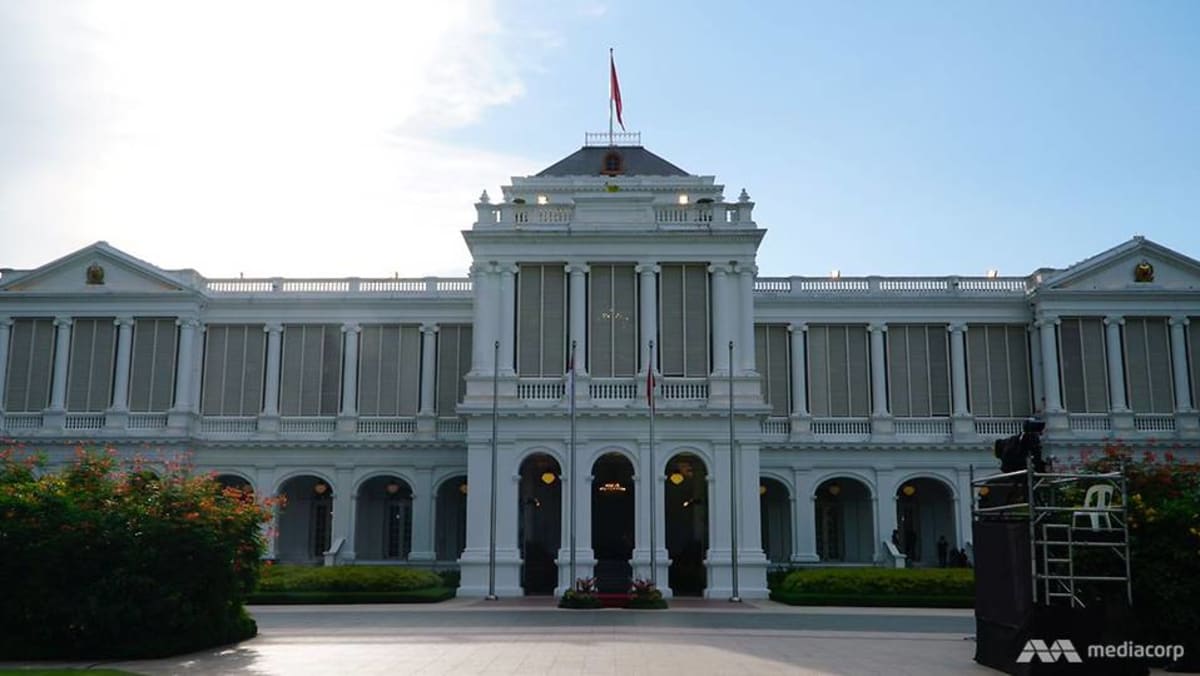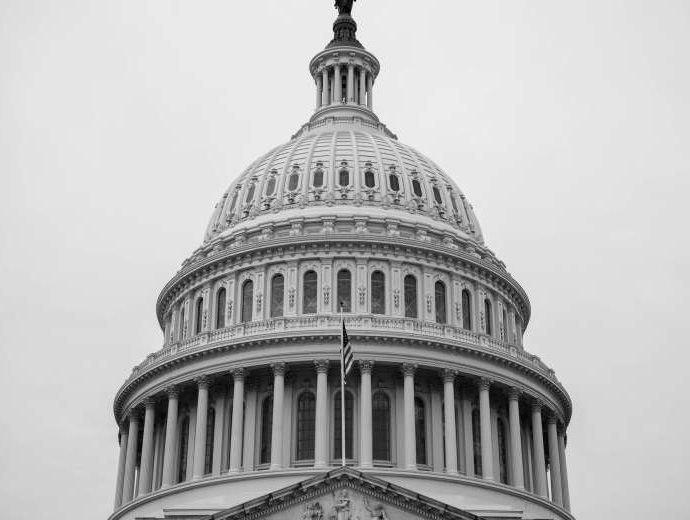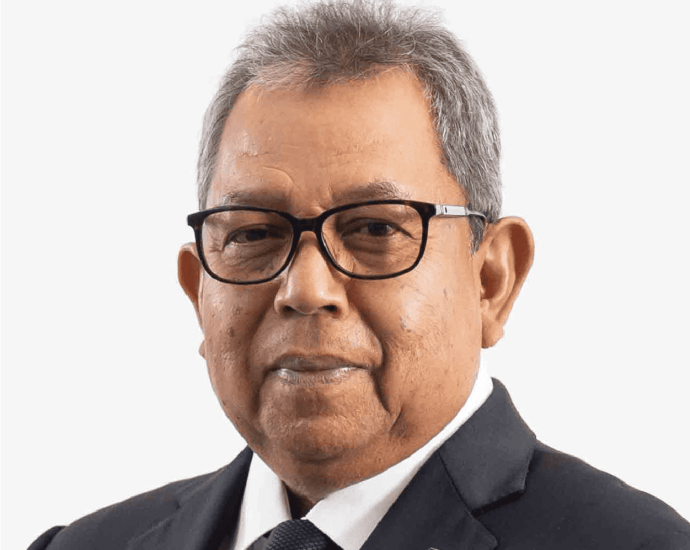“Hong Kong to emerge as stock exchange of choiceâ â Dealmaking experts | FinanceAsia
Former Securities and Futures Commission (SFC) senior director, Roger Cheng, is set to join UK-headquartered law firm, Linklaters, at its Hong Kong base from August.
 The move follows his nearly five years of experience at the special administrative region’s (SAR) financial regulator, where Cheng oversaw the operations of the Takeovers Team. The law firm’s announcement pointed to the instrumental role that he played during this time, developing Hong Kong’s takeovers and mergers policy, as well as driving forward other listing-related progress.
The move follows his nearly five years of experience at the special administrative region’s (SAR) financial regulator, where Cheng oversaw the operations of the Takeovers Team. The law firm’s announcement pointed to the instrumental role that he played during this time, developing Hong Kong’s takeovers and mergers policy, as well as driving forward other listing-related progress.
Prior to his tenure with the SFC, Cheng spent 13 years at Slaughter and May.
Offering some thoughts around trends affecting dealmaking in Hong Kong and China, Betty Yap, Linklaters partner and global co-head of the firm’s Financial Sponsor Group shared that there had been a noticeable rebound of M&A activity in the region post-pandemic, though activity has not yet returned to pre-pandemic levels.
“Inbound investment into mainland China is still somewhat marred by geo-politics and recent regulatory changes,” she told FinanceAsia, adding that her team is optimistic around sectors less affected by national security concerns, such as the consumer segment.
“Interest from Middle Eastern investors in M&A opportunities in China has increased as relations between [both] continue to strengthen. We are also seeing a number of sales by private equity (PE) sponsors in the market, as investments made in prior years mature,” she continued.
Her colleague, Hong Kong-based partner, Xiaoxi Lin, noted that recent financial stress in the Chinese real estate market has presented interesting M&A opportunity in Hong Kong, through the sale of prime commercial and residential properties to generate cashflow and service restructuring debts.
“A cocktail of factors including the distress in the PRC real estate sector, rising interest rates, and regulatory restrictions have meant that commercial banks are reducing their exposure to the real estate sector, including loans secured by residential and commercial properties,” Yap said.
“Credit funds – who are not subject to the same regulatory restrictions – are stepping into this funding gap,” she added, highlighting that while the current elevated interest rate environment means that borrowing costs are higher, credit funds are able to provide financing on the back of higher loan-to-value (LTV) ratios and can offer swift deal execution.
IPO dynamics
In terms of the IPO landscape ahead, Lin told FA, “Market participants are cautiously expecting a stronger HK IPO market this year with more companies listed than in 2022”.
Corporate partner, Donnelly Chan, added that Hong Kong’s recent introduction of the Chapter 18C regime – which reduces the listing requirements threshold for firms operating in new economy industries – together with recent China Securities Regulatory Commission (CSRC) reforms, is likely to support the market’s advancement.
“The track record and proven success of the pre-revenue Biotech listing regime and the weighted voting rights (WVR) listing regime since their introduction in 2018, coupled with the concession route for Greater China companies to secondary list on the main board has demonstrated the Hong Kong market’s flexible approach and readiness to evolve and explore opportunities,” he told FA.
Chan added that, as a result, it is hoped Hong Kong’s bourse will become “the stock exchange of choice” compared to other regional fundraising hubs.
Opportunity elsewhere
However, Yap is bullish on opportunity across the full breadth of Asian markets.
“For the remainder of 2023, we believe there will be continued interest in M&A opportunities in Asia,” she told FA.
“As inbound investment interest in China remains mixed given geo-politics, other single jurisdiction markets in Asia that can provide scale will be of interest to financial sponsor investors looking for efficiency in the deployment of capital.”
She pointed to markets such as India and Japan as benefitting from investor appetite – with the latter offering attractive costs “because of the lower yen”.
Yap added that Southeast Asia will continue to draw capital: “in particular Indonesia, with its relatively young demographics and the consumption power of its growing middle class.”
In terms of sectors, she noted that energy transition will remain of utmost importance “with interest in targets from renewables to electric vehicles to batteries to de-carbonising assets,” while digital infrastructure and data centre investment will continue to support the rise of e-commerce.
In the Linklaters release, head of Corporate, Sophie Mathur shared, “We are delighted to welcome Roger to our corporate practice. We are confident that his insights into takeovers and mergers regulations and policy matters will be of immense value-add to our clients when navigating take-privates and other public market transactions.”
Unlike the typical structure of a corporation, Linklaters employs a limited liability partnership which enables the firm’s partner leadership-base to make long-term strategic decisions for the business together.
Cheng’s appointment follows other key hires in Asia in recent months, including the appointment of Yoshiyuki Asaoka as corporate partner in Japan. In June 2021, William Liu was appointed as regional managing partner for Asia Pacific.
¬ Haymarket Media Limited. All rights reserved.

